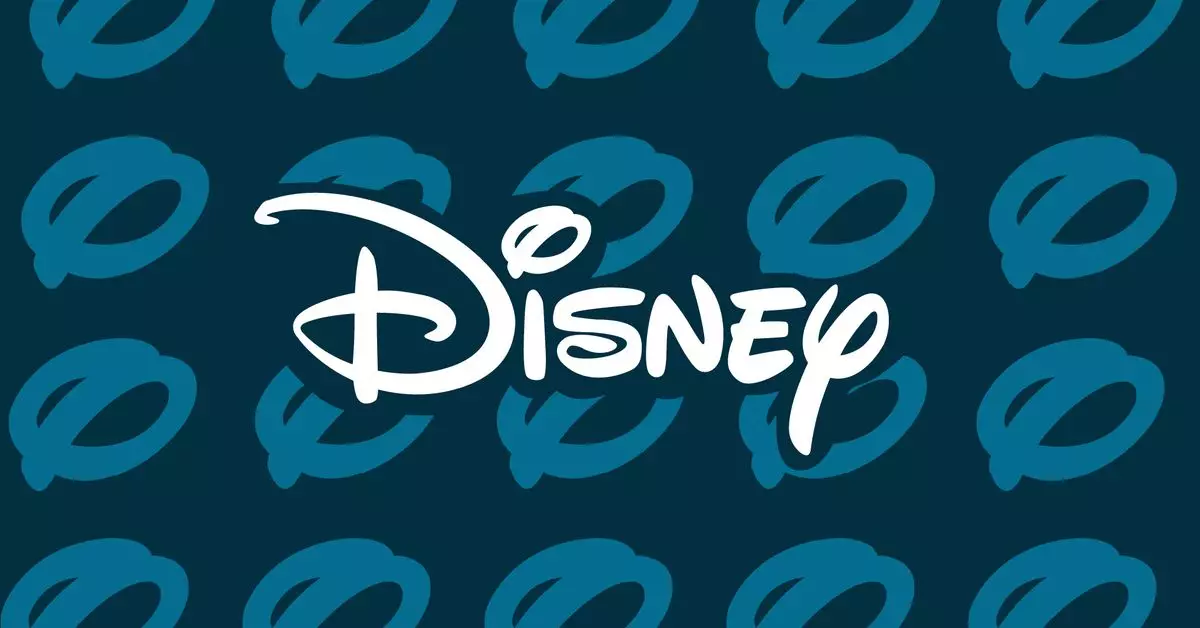The recent dispute between DirecTV and Disney has resulted in a blackout of Disney-owned channels, including ABC and ESPN, from DirecTV’s lineup. This occurred right in the middle of ESPN’s broadcast of the US Open tennis tournament and just ahead of the NFL season opener. Both companies are blaming each other for causing the blackout, leaving around 11 million DirecTV subscribers without access to these popular channels.
DirecTV claims that Disney is preventing them from offering more flexible packages that cater to consumer interests. They accuse Disney of steering consumers towards Disney-owned streaming services like Hulu and Disney Plus, ultimately making it harder for consumers to access the shows and sports they want at a reasonable price. Additionally, DirecTV alleges that Disney included a last-minute demand asking to waive all claims of anti-competitive behavior, showing a lack of accountability on Disney’s part.
On the other hand, Disney argues that their channels are worth a premium that DirecTV is refusing to pay. They point out that they invest significantly to deliver top entertainment, news, and sports brands that viewers expect and deserve. While Disney is open to offering DirecTV flexibility and terms extended to other distributors, they will not undervalue their portfolio of television channels and programs. Disney urges DirecTV to prioritize their customers’ best interests and finalize a deal that restores programming immediately.
The deal that expired on Sunday was originally negotiated in 2019, according to Reuters. It is common practice for these contracts to intentionally expire during peak viewership periods to incentivize renegotiation. Despite this, carriage disputes like the one between Disney and DirecTV are not uncommon in the industry. Last year, Disney blocked its channels for Charter’s Spectrum subscribers on the same day as the US Open, resulting in a twelve-day blackout before a new agreement was reached.
The ongoing dispute between DirecTV and Disney highlights the complex dynamics of distribution deals in the entertainment industry. Both companies have valid arguments regarding the value of their content and the need to cater to consumer interests. However, the impact of these disagreements ultimately falls on the subscribers who are left without access to popular channels and content. As negotiations continue, it remains to be seen how the situation will unfold and whether a resolution can be reached to benefit all parties involved.

